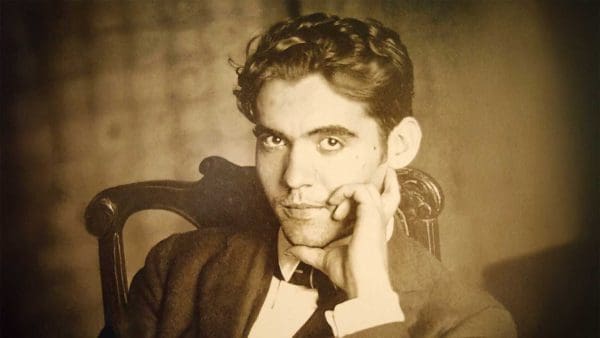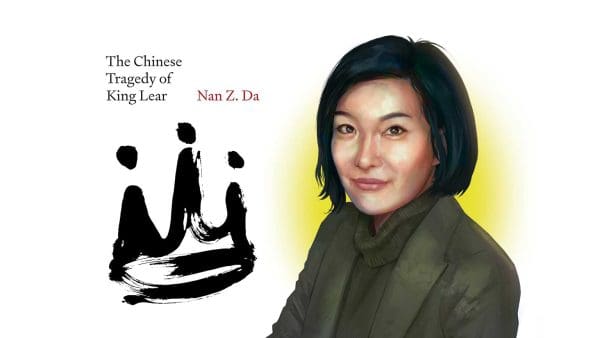“Philosophers have been talking about moral responsibility and free will forever, and now neuroscientists are coming in with all these new data.”
-Debra Mathews
The nature of free will and moral responsibility is a discussion philosophers have been having for centuries.
But for the most part, it’s a conversation that neuroscientists have been absent from—until recently.
With the advent of technologies like functional magnetic resonance imaging (fMRI) and positron emission tomography (PET), neuroscientists have been able to examine the “decision-making” centers of the brain. Which brings up the question: If the mechanism by which we make decisions is simply a biological one, then what does that say about free will and moral responsibility?
It seemed like the time was right to bring neuroscientists and philosophers together.
For the last three years, six researchers—three bioethicists, two neuroscientists, and one with a background in both disciplines—have been sharing knowledge with one another in a project designed to examine free will, moral responsibility, and the implications of advances in neuroscience.
“Philosophers have been talking about moral responsibility and free will forever, and now neuroscientists are coming in with all these new data,” says Debra Mathews, assistant director for science programs at the Berman Institute of Bioethics and an assistant professor of pediatrics at the Johns Hopkins School of Medicine. “Is there something that philosophers can learn from neuroscientists and is there something neuroscientists can learn from philosophers?”
The collaborators—three of whom work at the Krieger School—met nearly every other month to share knowledge in what turned out to be some “pretty intense” discussions, says Veit Stuphorn, assistant professor in the departments of Psychological and Brain Sciences and of Neuroscience. They spent the first several months reading the relevant literature and simply trying to figure out a common language.
The immediate difficulty for the neuroscientists was that free will is a concept, not a physical thing to study. So the discussions focused on a person’s capacity for self-governance, the mental ability of a person to make a reasoned choice among various alternatives and to act on that decision—“which is a much less sexy thing than free will,” notes Mathews. “But you can actually study that with neuroscience.” Or more precisely, researchers can study the physical processes that go on in the brain when someone is faced with a decision.
They also looked at instances when a person’s capacity for self-governance is compromised, either temporarily or permanently—through, say, a brain injury or disease or drugs. Or simply, what causes a person to make “bad” decisions?
“Philosophers mainly use examples of normal, fully functioning adults when talking about issues of moral responsibility, but we wanted to do the opposite,” says Hilary Bok, associate professor of philosophy and the Luce Professor in Bioethics and Moral and Political Theory. “What is it that goes wrong in human beings to prevent them from engaging in this kind of self-governance? We were hoping that this might illuminate some of the philosophical issues and also help neuroscientists think this thing through.”
The social implications of the failures of self-governance were also a hot topic, from legal issues—“lawyers would love to prove their clients don’t have free will and aren’t responsible for their actions,” says Mathews—to implications involving health, particularly for people who might be suffering from post-traumatic stress disorder or obesity, for instance. These conditions are often considered “failures of the will,” says Mathews, but as the neuroscientists noted, patterns of behavior become established in the brain.
“If you do something over and over again it becomes rote for your brain and you just do it,” she says. “Then modifying that pattern is physically difficult.” So does a person who has a compulsive behavior—a physical condition—also have free will?
In the end, more questions than conclusions were raised, and at least Stuphorn thought the project may have been ahead of its time. “The neuroscience isn’t quite where it has to be to be helpful for philosophy,” he says. Still, he believes the project was invaluable in helping to lay the groundwork for future experimental studies. “It’s necessary to say, ‘This is what’s important,’ or, ‘These are the questions you need to answer,’ in order to get a clear understanding on how we actually make decisions.”
The team is turning these discussions into a book, with each chapter addressing different issues and co-written by a philosopher and neuroscientist. Future discussions will surely follow.
“The main result is that we need to be talking to each other more,” says Susan Courtney-Faruquee, professor of psychological and brain sciences. “There is a lot to be learned in both directions. We hope what we are doing will start a broader conversation between philosophers and neuroscientists.”




